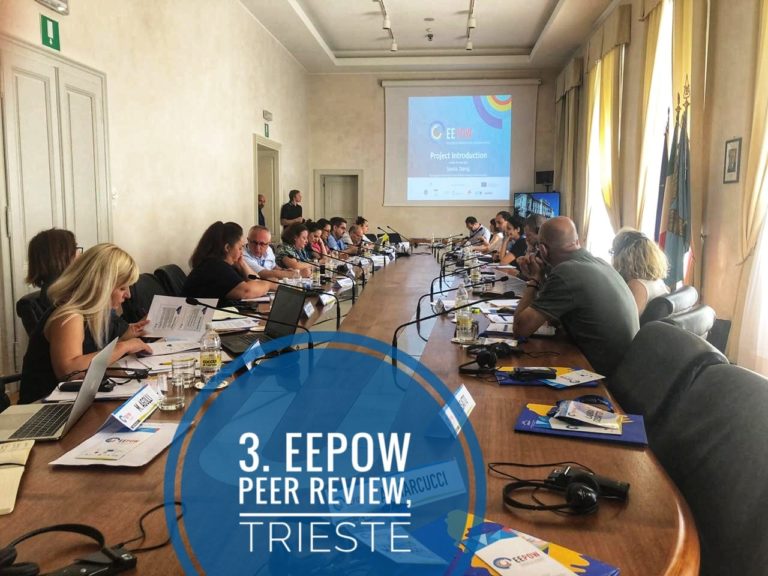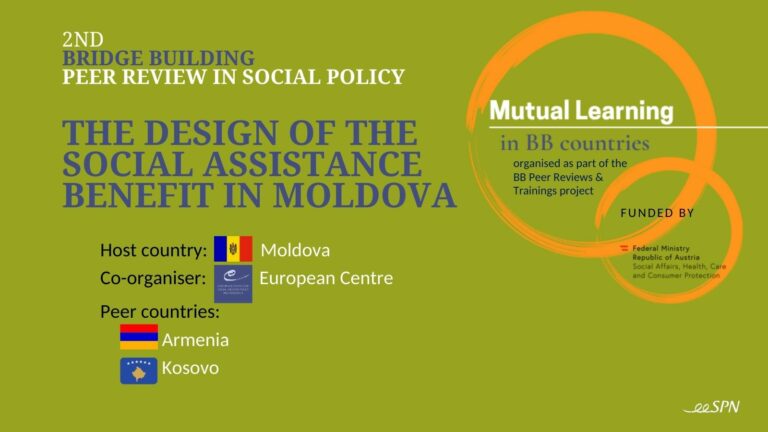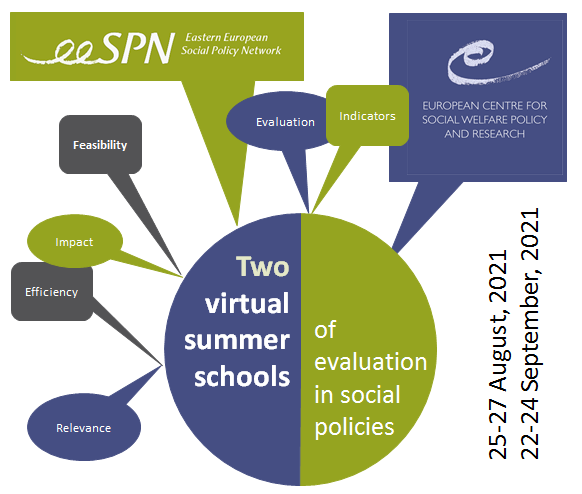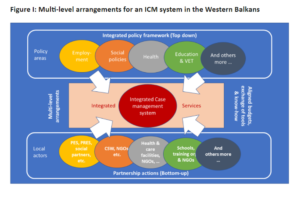Childcare in the Western Balkans and Eastern Europe
Veronica Sandu, European Centre for Social Welfare Policy and Research
From May to December 2020 the European Centre for Social Welfare Policy and Research conducted research on the situation of children at risk of losing the parental care and children that have lost the parental care in five countries from Western Balkans and Eastern Europe region: Albania and North Macedonia, Armenia, Belarus and Ukraine. The research was part of a broader report done in cooperation with SOS Children’s Villages Worldwide Hermann-Gmeiner Fonds Deutschland and SOS Children’s Villages National Associations in the respective countries.
The analysis was done based on the review of legislation, policy reports and strategic documents, childcare national and regional reports, and other relevant documents. The UN Convention on the Rights of the Child (UNCRC) and the Convention on the Rights of Persons with Disabilities (UNCRDP) country concluding observations have been consulted as part of the desk review. National statistics on vulnerable children were collected by referring to the national and international data sets and reports. In addition, key childcare stakeholders in depth interviews have been done in all countries.
There are many causes of risk for children to lose parental care and to be institutionalised. These risks can be related to: individual attributes (e.g., disability, skills, gender, sexual orientation, etc.); family circumstances (e.g., migration, poverty, stigma, language, ethnicity, geographic area, etc.); circumstances related to a specific risk (e.g., abduction, trafficking, homelessness, domestic violence, juvenile crimes, etc.); and humanitarian situations (displacement, armed conflicts, social breakdown, etc.).
About 11 million children live in the 5 selected countries, about 3 million of them live below the national poverty line, and about 210 thousand children are children with disabilities. The institutional care remains the main form of care in almost all countries. In total, in the region, about 100,000 children receive care in large residential facilities and 78,000 children receive care in some sort of family-based type of care service. The share of children receiving care in large institutions is almost twice the share of children in family-based care. One exception is Belarus, where many children receive care in their extended families under the guardianship/tutorship type of care.
The five countries make significant efforts to develop the family-based care as part of a broader de-institutionalization (De-I) reform or in parallel to improving the quality of residential care. The most common type of family-based care is the guardianship/tutorship care followed by foster care. Both of these services though are developed unevenly in terms of child vulnerability (very few foster care services are available for children with disabilities, for babies, for children with behavioural problems). All countries lack specialised foster care for emergency situations, and for appropriate care of children with special needs. Adoption is limited in all countries, with the exception of Belarus, where the number of adopted children is close to that of children placed in foster care.
The childcare systems in all these countries are undergoing major reforms such as the De-I reform, alternative care service development, community-based service development, development of child abandon and prevention programs, and preventions programs for families at risk of being separated from their children. At the same time, various policy gaps are limiting the childcare policy impact. These gaps refer to poor financing of childcare in the region, human resources in the sector not equipped in terms of skills, knowledge and resources to support these reforms, and childcare roles and responsibilities between administrations levels not fully clarified. The public private partnership in care provision is unregulated, and quality monitoring not fully in place.
The research conducted by the European Centre for Social Welfare Policy and Research will support the Children’s Villages Worldwide Hermann-Gmeiner Fonds Deutschland and SOS Children’s Villages National Associations in policy dialogue, advocacy efforts, internal planning processes to further support the childcare reforms in the 5 selected countries.






